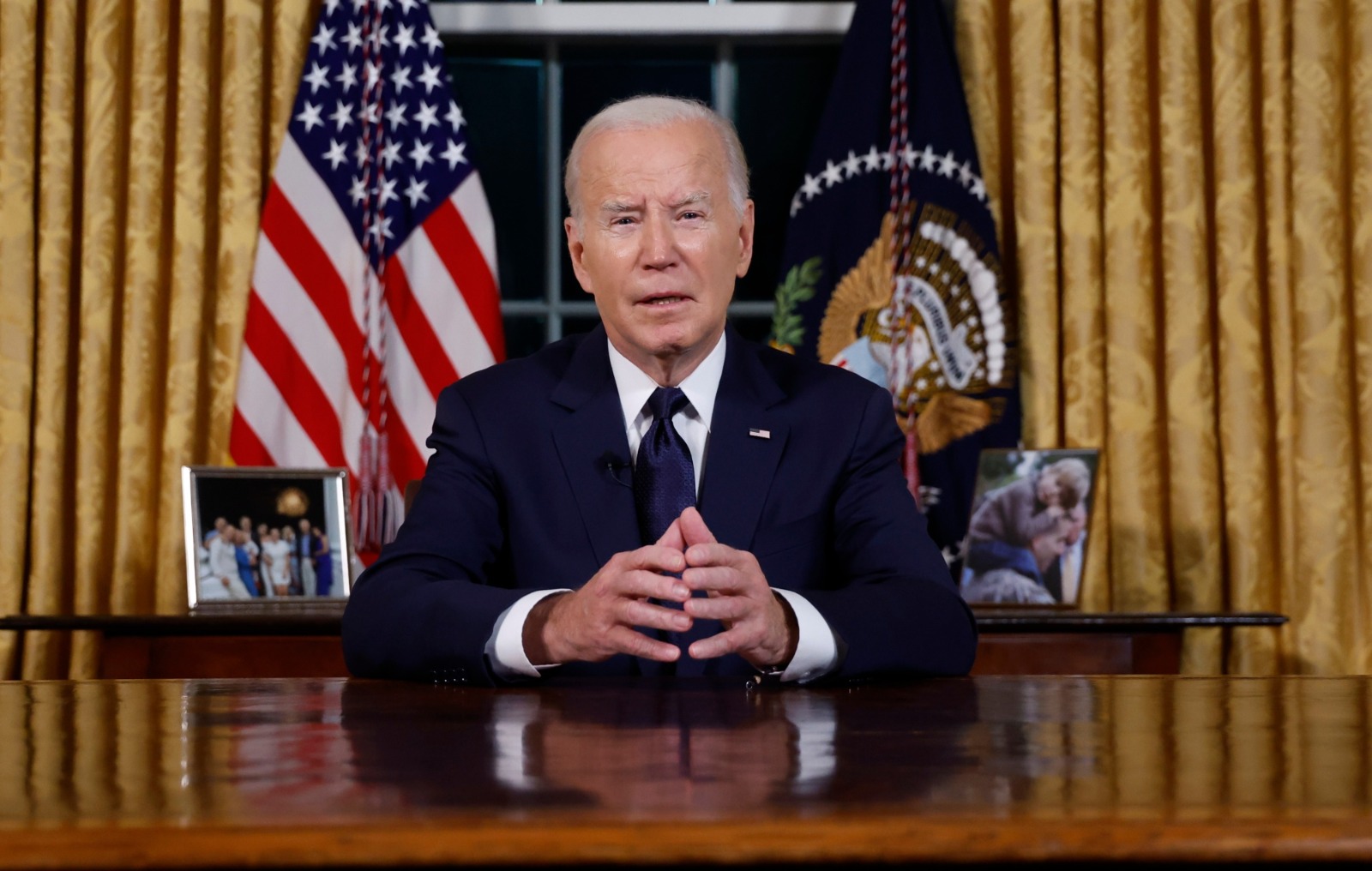President Joe Biden’s request for $14 billion in funding for Israel has come under the spotlight. A US rights group, Democracy for the Arab World Now (DAWN), has sounded the alarm, pointing out that the language in the funding request suggests potential support for the displacement of Palestinians in Gaza. This development has ignited a debate over the possible consequences of such funding, leading to questions about its impact on the Israeli-Palestinian conflict and the broader Middle East region.
Funding with Controversial Implications
President Biden’s request for $14 billion in funding for Israel has been met with skepticism due to language in the request that suggests potential support for the displacement of Palestinians. Democracy for the Arab World Now (DAWN) has expressed concerns that these funds could inadvertently endorse what they describe as “ethnic cleansing.”
The White House’s official letter to Congress, sent on October 20, outlines the allocation of these funds for various purposes, including supporting displaced and conflict-affected civilians in Gaza and the West Bank. The letter mentions humanitarian assistance, including food, healthcare, shelter support, water and sanitation, and emergency protection. It also hints at potential needs for Gazans fleeing to neighboring countries, raising questions about the scope of this assistance.
Concerns Over Palestinian Displacement
The concerns about Palestinian displacement gained traction after +972 Magazine reported that it had received a leaked Israeli government document outlining a plan to transfer Gaza’s entire population abroad. The magazine claimed that a source within Israel’s Intelligence Ministry confirmed the document’s authenticity, intensifying fears that the funding request might inadvertently support such actions.
DAWN’s executive director, Sarah Leah Whitson, strongly criticized the Biden administration, accusing it of not only giving a green light but also “bankrolling” ethnic cleansing. This has sparked a contentious debate, with some expressing deep reservations about the possible consequences of the proposed funding.
Domestic and International Reactions
Domestically, President Biden’s funding request faced an early hurdle in the Republican-controlled House of Representatives. Republican lawmakers introduced a bill to separate aid for Israel from assistance for Ukraine, despite their overwhelming support for Israel. This move, seen as an attempt to cut funding from the Internal Revenue Service (IRS) to offset Israel aid, raised concerns among Democrats.
The situation escalated further when Senate Majority Leader Chuck Schumer rejected the Republican bill, criticizing it as unnecessarily partisan and sending the wrong message to allies and adversaries around the world. Progressive lawmakers, while calling for conditions on aid to Israel, remain a minority in Congress.
As the debate intensifies, the White House has signaled that it does not endorse plans to remove Palestinians from their homes. President Biden’s recent discussions with the Egyptian counterpart, Abdel Fattah el-Sisi, emphasized the importance of protecting civilian lives and respecting international humanitarian law.
While the fate of this funding request remains uncertain, the controversy surrounding it reflects the delicate balance of US foreign policy in the Middle East and its role in addressing the Israeli-Palestinian conflict. The potential implications of these funds will continue to be a topic of debate, both within the United States and on the international stage.
















